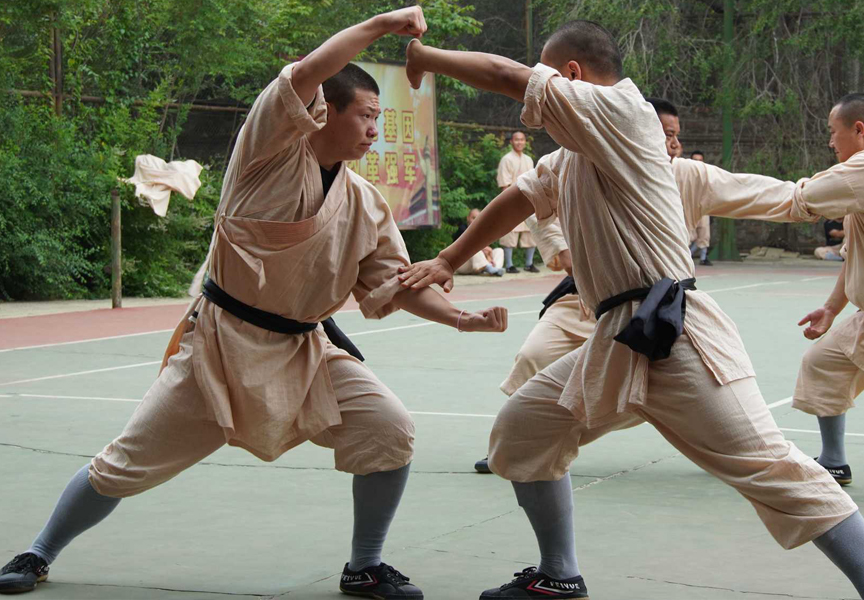Random Free Articles
- Vital Role of Qi in Shaolin Kung Fu
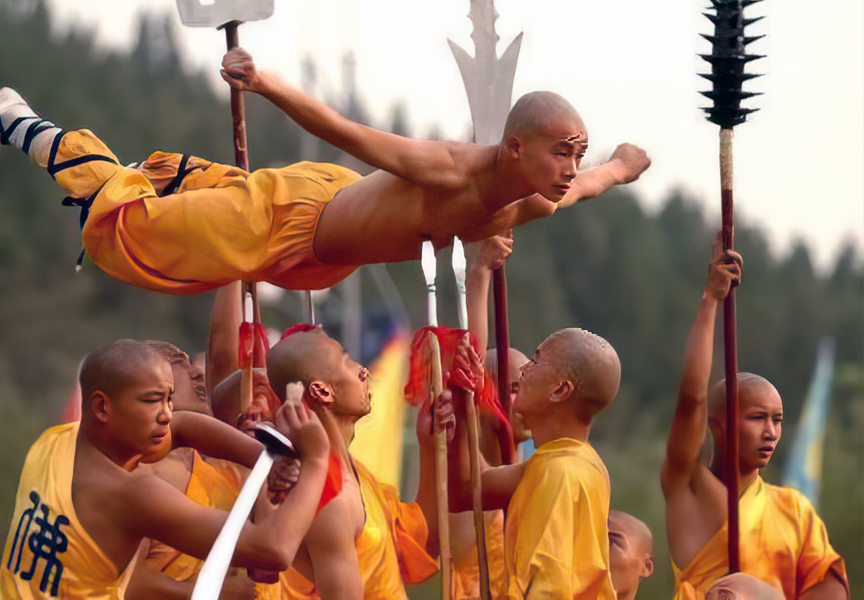
Shaolin Kung Fu, a traditional Chinese martial art with a history spanning over a thousand years, is renowned for its intricate techniques, disciplined philosophy, and the cultivation of inner energy known as Qi. In every movement, stance, and strike, the utilization of Qi is considered not just essential but vital. This ancient martial art emphasizes the harmonious integration of mind, body, and spirit, and the proper use of Qi is at the…
- The Power of the Ginger Fist
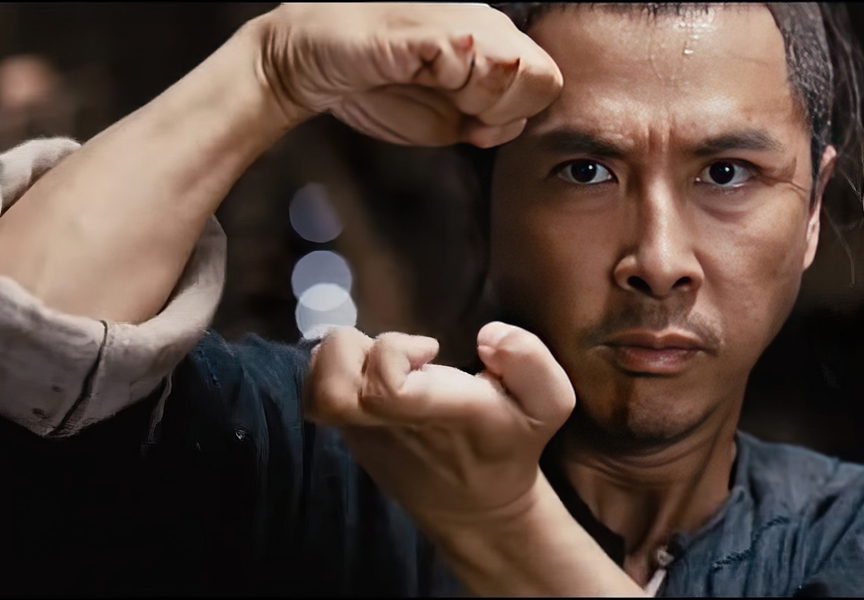
A Unique Technique in Chinese Martial Arts In the vast world of martial arts, techniques abound, each with its own distinct characteristics and applications. One such technique that has captured the fascination of practitioners is the Ginger Fist [Chin.: Jiāng quán 姜拳], a hand shape that embodies precision, power, and versatility. Originating from various Chinese martial arts styles such as Pak Mei Kung Fu [Chin.: Báiméi quán…
- Shaolin's Chain Fist
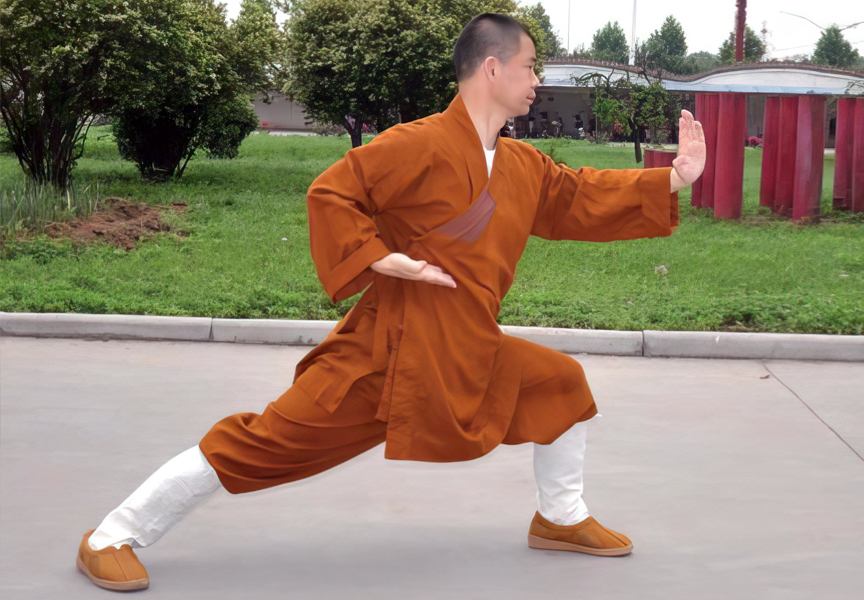
Unraveling the Mysteries of Shaolin's Chain Fist In the vast realm of Shaolin Wu Gong, the Lián Huán form [Chin.: liánhuánquán 连环拳], meaning "Chain Fist," stands as a fundamental practice that follows the mastery of the 5 Technique Fist [Chin.: wǔbùquán 五步拳]. This compact form, though small in appearance, carries immense significance in the Shaolin tradition. Characterized by simple yet powerful movements,…
- Understanding Fajin
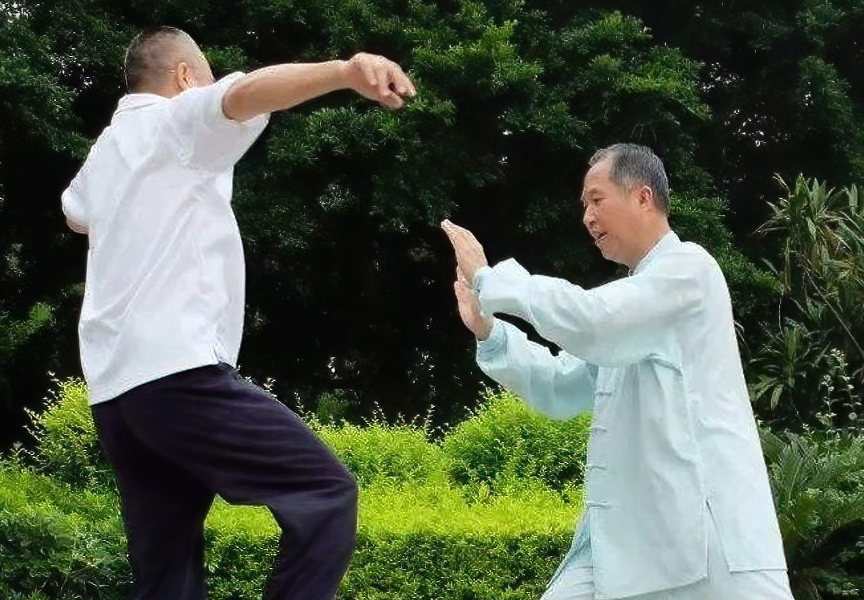
The Art of Explosive Energy Martial arts, with their rich history and diverse techniques, continue to captivate practitioners and enthusiasts around the world. One such concept that has intrigued martial artists for centuries is Fajin [Chin.: Fā jīn 法金], which translates to "explosive energy" or "issuing energy." Fajin is an essential aspect of many Chinese martial arts, and understanding it unlocks a deeper level of…
- Tapping into the Vital Energy
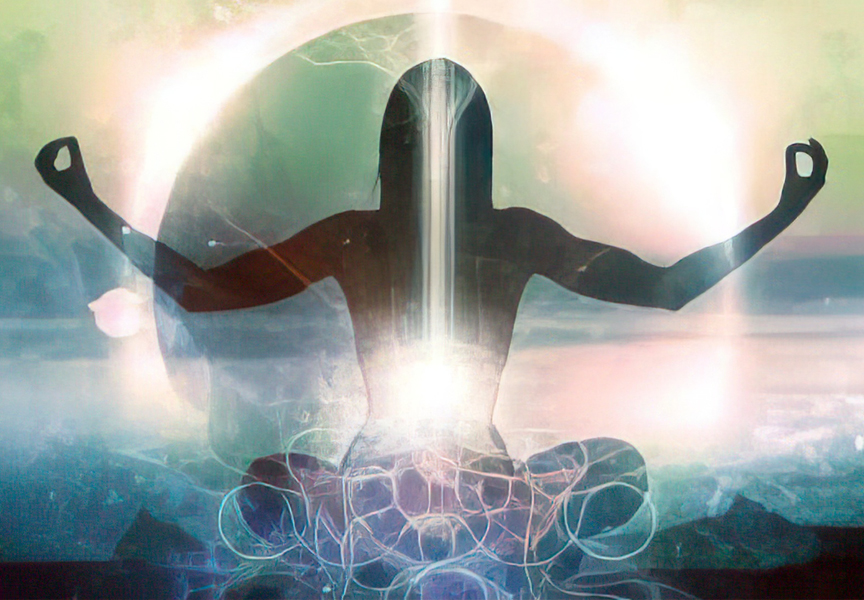
In the realm of ancient Chinese philosophy and medicine, one concept has captured the imagination and curiosity of many for centuries - Qi [Chin.: Qì 气]. Often spelled as "chi" and pronounced as "chee," Qi is a fundamental and vital force that is believed to flow through all living things, shaping our physical, mental, and spiritual well-being. While Qi might sound esoteric to some, its cultivation and understanding play…

